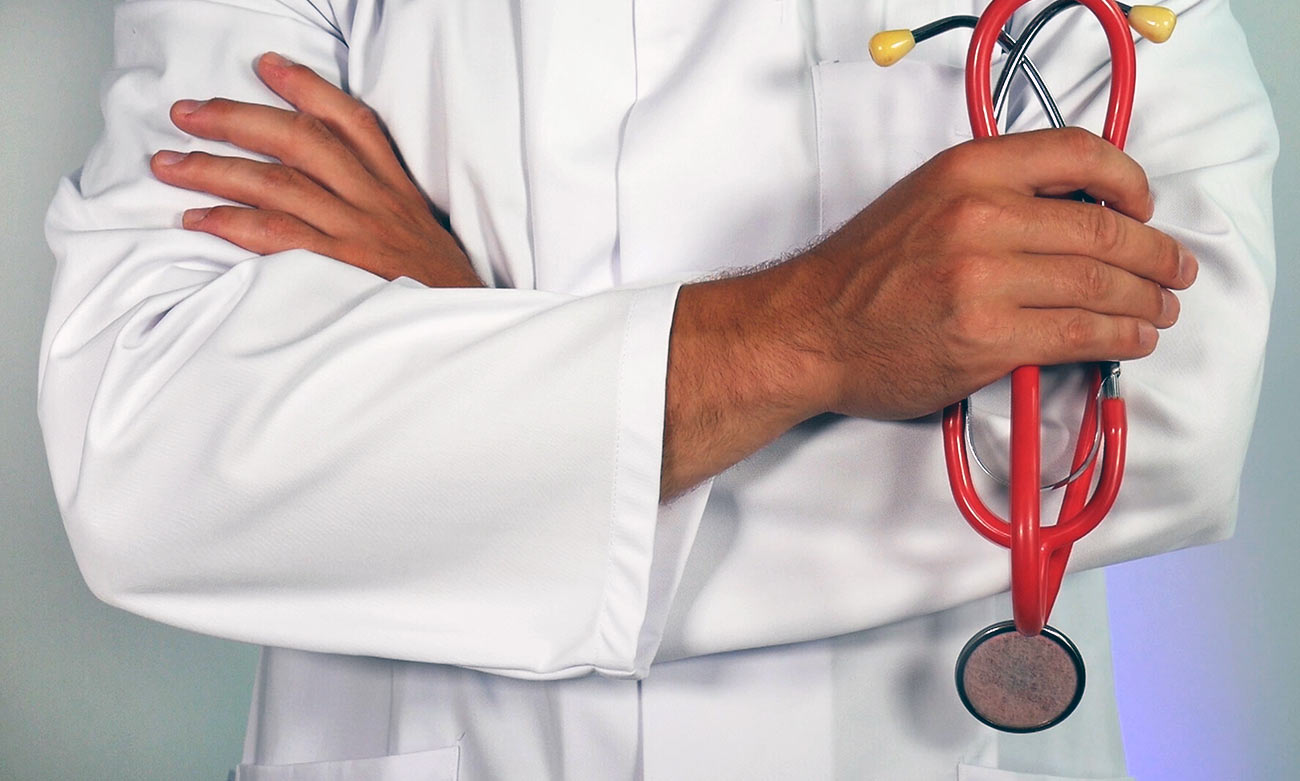How to access healthcare when you start university

How to register with a doctor
Visit the National Health Services’s (NHS) website to find out what doctors are near to you. You might be able to register online or by picking up the registration form from the practice. Your university might also have a GP (General Practitioner) on campus and if you are in student accommodation, they will be able to direct you to the nearest doctors.
To register you will typically need a letter from your university proving your enrolment, your passport and visa documents, if you’re an international student. International students will receive their NHS number after they have registered with their GP, UK students will already have their number assigned to them at birth and can find this using the find your NHS number service.
How to access mental healthcare when you start university
The NHS, universities, charities such as Student Minds and student accommodation providers can all help you adapt to living and studying away from home. And if you need support or want to speak to someone, reach out for free and confidential support.
How to get emergency contraception
As a student you can get free and confidential sexual health advice and contraception via some GP’s and pharmacies and Sexual Health Clinics. And if you live in London, Sexual Health London also provides advice and can send you free STD tests.
What medical care do you have to pay for as a student
Typically, In England you have to pay for dental and optical care, unless you are under 19 years old and in full time education. The NHS does contribute to the cost of dental treatment if you are a student and if you are accepted as an NHS patient, but it is hard to find a dentist that takes on NHS patients.
When to ring 111 vs 999
Medical emergencies can be scary, especially as a university student living away from home. In the UK there are two numbers you can call for immediate medical care, 111 and 999 and knowing the difference will ensure you get the right care as quick as possible.
999 is for immediate, life-threatening situations like accidents or severe illnesses, 111 is your first port of call for non-emergencies. 111 will put you in contact with trained consultants who can offer advice and direct you to the right care. Understanding the difference can ensure prompt and appropriate help, allowing you to stay safe while away from home.






